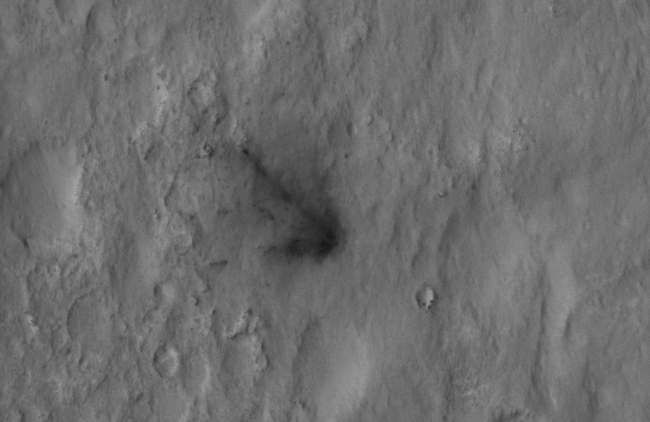This photo was taken 12 years ago and uploaded to photonado 12 years ago
12 views.
Photostream





Tags
NASA
JPL
Mars
MSL
Curiosity
License

Attribution-NonCommercial
Privacy
This photo is visible for everyone
Flag this photo
Flag this photo
Metadata
Share this photo
Link to this photo
This is the link to this photo. Just copy and paste this URL to link here.





